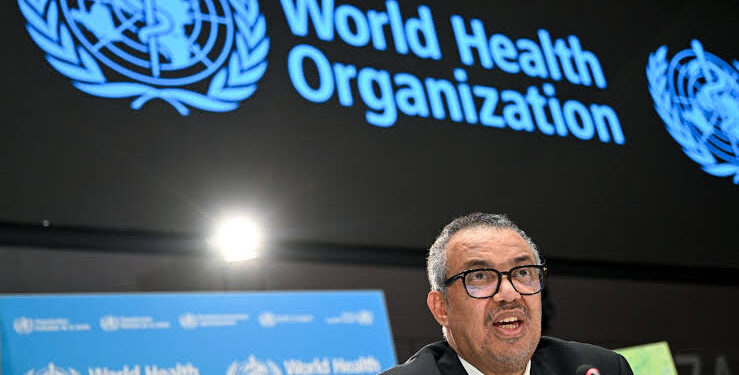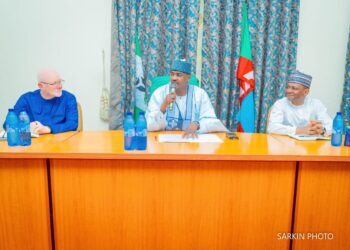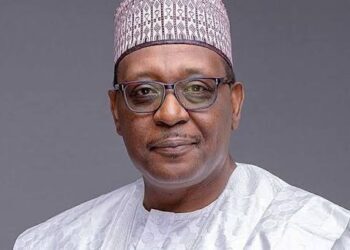A General Physician, Dr Tunji Akintade, has said Nigeria faces critical health challenges that demand immediate and sustained action to bridge funding gaps amid global aid shrinking.
Akintade said this in an interview with the News Agency of Nigeria (NAN) on Thursday in Lagos, while reacting to the withdrawal of the U.S. from the World Health Organisation (WHO).
He noted that Nigeria’s 2025 health budget projection was made based on global funding support, stressing that its effect would soon be evident in local planning and implementation.
Akintade emphasised that Nigeria should explore domestic funding to shore up finances to improve health outcomes and drive socioeconomic development in the year ahead.
NAN reports that the 2025 budget allocates 5.18 per cent of the total N2.48 trillion to health, falling short of the 15 per cent target set by the Abuja Declaration.
According to Akintade, global aid, chiefly from the WHO, had assisted in bridging the gaps through technical guidance and support for strengthening health systems, detecting, preventing and responding to health emergencies, including disease outbreaks.
Akintade, a former Chairman, Association of Nigerian Private Medical Practitioners (ANPMP), said Africa has remained the largest recipient of funding from WHO, with Nigeria being one of the highest beneficiaries on the continent.
Data showed that WHO contributions to Africa have ranged from $90.2 million to $263.8 million annually between 2016 and 2024.
Akintade said the intended withdrawal of U.S. membership would weaken global health governance, noting that its ripple effect would affect access to healthcare in many low-income and middle-income countries, worsening health indices.
He added that the exit would threaten response to disease outbreaks, reduce productivity, increase healthcare costs and negatively impact trade and commerce across the medical supply chain.
“I hope our leaders will see that there is a challenge ahead, even if the impact isn’t felt this year, it will start grinding in another two to three years,” he said.
Similarly, Dr Obafemi Shode, a Health-Economics Analyst, said the U.S. withdrawal from WHO should serve as a warning that its global health interventions to countries, especially Africa and Nigeria, might dwindle during President Donald Trump’s administration.
Shode said the future of the U.S. President’s Emergency Plan for AIDS Relief (PEPFAR) and the U.S. President’s Malaria Initiative (PMI) programme, mostly beneficial to Africans, was uncertain.
He called for improved investment in the nation’s health system, saying it was critical to the delivery of quality, affordable care and attainment of universal health coverage.
Data from the U.S. Embassy showed that the U.S. invested more than $570 million in Nigeria to help prevent illnesses like HIV, tuberculosis, and COVID-19 in 2023.
NAN reports that the U.S. was a founding member of WHO in 1948 and has participated in shaping and governing WHO’s work ever since, alongside 193 other Member States, including through its active participation in the World Health Assembly and Executive Board.
However, on Jan. 20, 2025, President Trump announced the U.S. would withdraw as a member of WHO and halt funding to the organisation.
He cited alleged mismanagement of global health crises, including the COVID-19 pandemic, and also financial disparities, condemning the “unfairly onerous payments” demanded of the U.S. compared to other nations.
In 2020, during the first Trump administration, the U.S. temporarily suspended funding and initiated a process to end membership, actions that were reversed by the Biden led administration in 2021.
Historically, the U.S. has been one of the largest funders of WHO. Its contributions have ranged between $163 million and $816 million annually over the last decade. (NAN)











